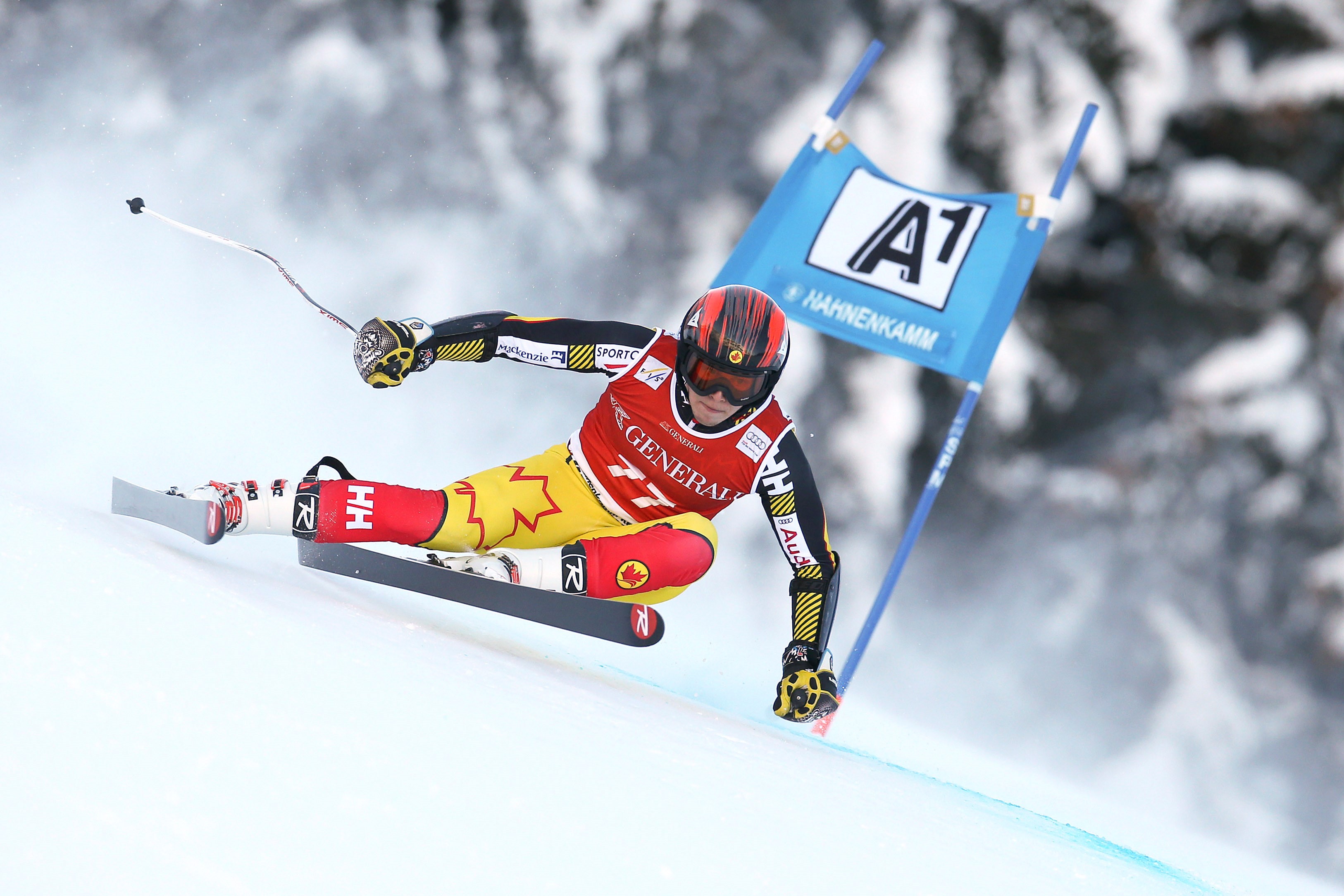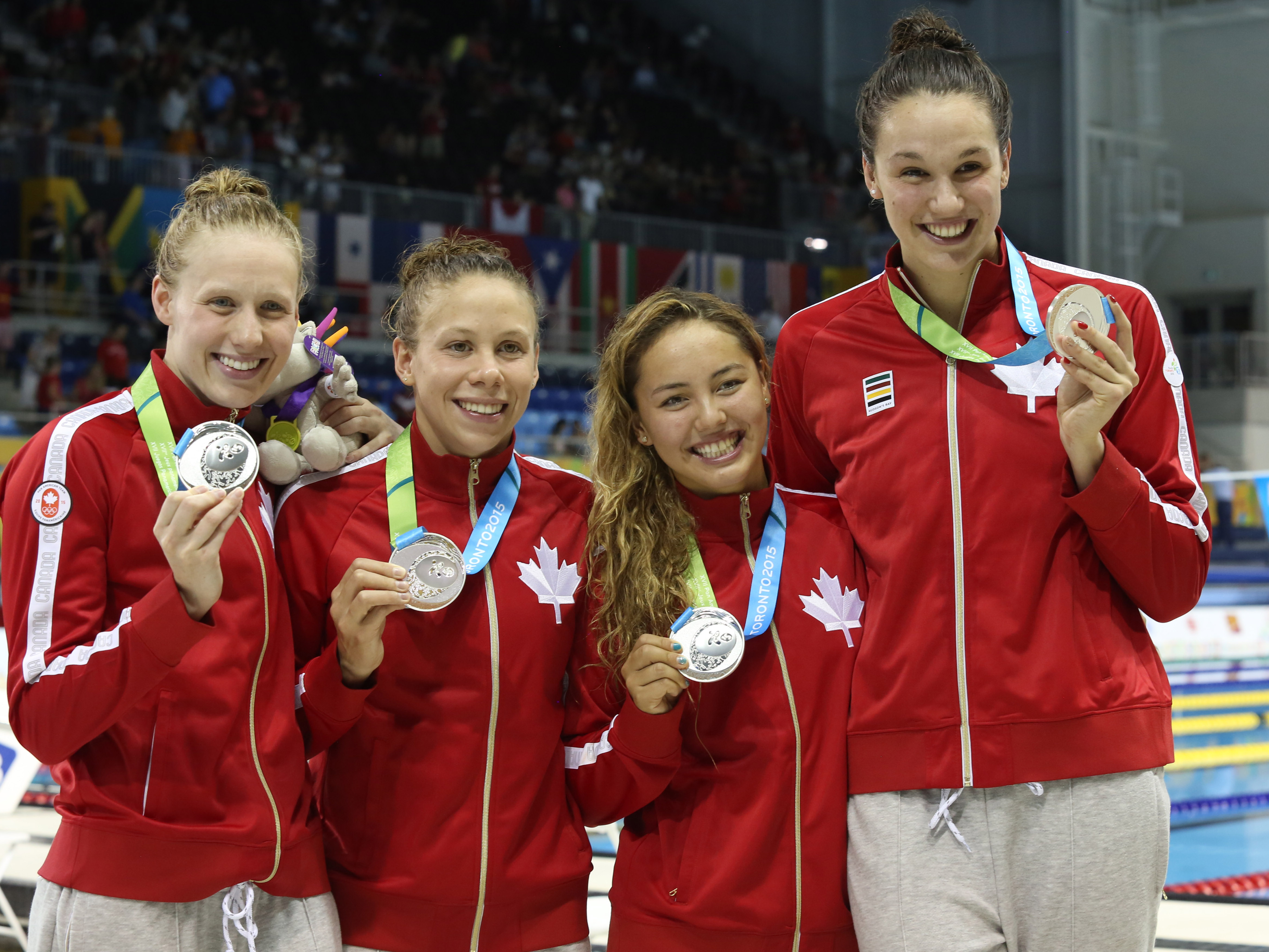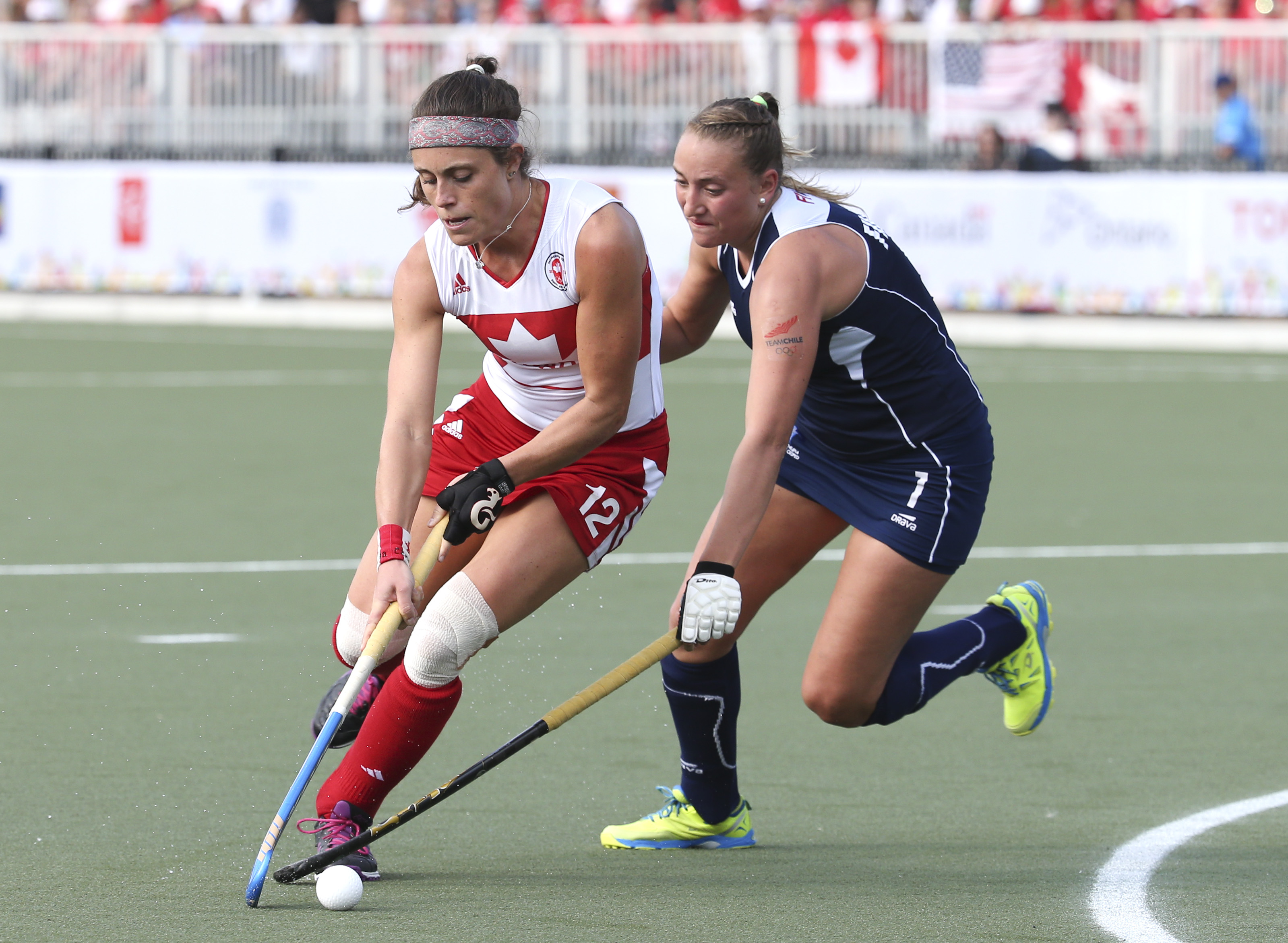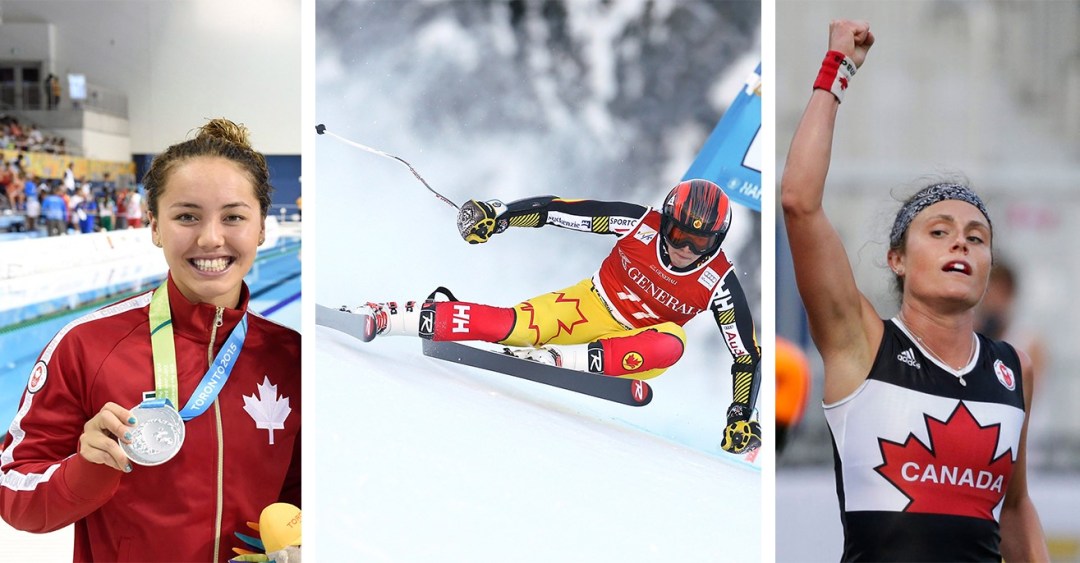Team Canada athletes on transitioning from the sports world to the business world
Sometimes a fun hobby enjoyed at a young age leads to a passionate career as a high-performance athlete. But there always comes a time when that first career must come to a close and an athlete must focus on life – and a career – after sport.
While it is extremely important to be present in the moment while competing, mapping what comes next isn’t always easy. For athletes, time management and being strategic is crucial when planning for the future and it’s important to keep an eye on what comes next.
For many who have proudly worn the maple leaf, that’s where the Game Plan Work Experience Program powered by Deloitte comes into play. Internships offered as an extension of the Game Plan program help national team athletes transition into a second career by giving them hands-on experience in a business environment where they might discover a new passion that builds on the skills developed in their sporting careers.
Three Team Canada athletes – Morgan Megarry, Thea Culley and Noemie Thomas – are passing along some of their wisdom gained from sport that they have applied to their work with Team Canada National Partner Deloitte through the Game Plan Work Experience Program.
Work experience and education are a key part of planning for life after sport. Athletes can follow the example of alpine skier Megarry, who took advantage of both the work experience and education support options provided by Game Plan, Team Canada’s total athlete wellness program.

Morgan Megarry competes in a FIS World Cup event (Photo courtesy Morgan Megarry)
“I’m super grateful for Game Plan and everything that it has afforded me. It’s been really amazing,” said Megarry. “Game Plan got me a foot in the door with Deloitte, an opportunity to pursue an MBA at Queens, and access to an incredible athlete community.”
Game Plan is a go-to resource for national team athletes still competing in sport or ready to move into retirement. It strives to support these athletes to live a better and more holistic life. Game Plan also aides in the development of skills and network building, as athletes can focus on health, education, and career opportunities during their high-performance careers and beyond.
When Megarry’s three-month internship finished, he was offered a fulltime job at Deloitte, assisting clients as a member of the value creation services team, which says has been “super rewarding” while giving him the opportunity to learn a lot.
With Deloitte’s global presence in the business world, communication is vital. From their past experiences on the global sports stage, Team Canada athletes understand that having lived experience with how people of different cultures communicate is a huge asset.

Dominique Bouchard, Rachel Nicol, Noemie Thomas, and Chantal van Landeghem celebrate winning silver in the women’s 4x100m medley relay at the Toronto 2015 Pan American Games (Photo: COC/Scott Grant)
Thomas believes her background as a swimmer that took her to the Rio 2016 Olympic Games and two FINA World Championships has helped with communication in her business endeavours.
“When I was working at Deloitte, we had a project that I had to conduct meetings with partners from all over the world; some were from Belgium, some from Japan. And just like athletes from, for example, Japan, they would have different customs and ways of communicating, same with this woman from Japan who had a different style of communicating in business,” Thomas said.
Culley, who played more than 10 years with the women’s national field hockey team and won a bronze medal at the 2015 Pan Am Games, obtained a Bachelor’s degree in Kinesiology and Health Science while competing. As she retired from sport, she returned to school to pursue her MBA, through education support offered via Game Plan.
“I had an inkling I might want to do an MBA around 2013. I took a few additional prerequisites online after I’d finished my first degree. But I think what led me to do an MBA was that I knew sport had provided me an opportunity to develop soft skills and an understanding of high-performance teams,” said Culley.
In her post-sport world, Culley continues to build a routine that has even rubbed off on Thomas. She maintains structure in life and recommends those who are transitioning out of sport to absorb and treat training in a similar manner as with how to gain knowledge in business.
Just as in sport, resilience is critical in professional work. Sometimes the work is tough, but by getting through it, necessary skills are developed. Culley says it’s important to not give up when you get knocked down and you’ll come out stronger on the other side.

Canada’s Thea Culley (12) of Rossland, B.C. tries to get past a defender in a win over Chile to take the bronze medal in women’s field hockey at the Pan American Games in Toronto, Ont., Friday, July 24, 2015. Photo by Mike Ridewood/COC
“I am challenged, but in a way that’s energizing, I’m supported,” Culley says of working at Deloitte. “It hasn’t been necessarily easy, the work… so that is testing my ability to navigate ambiguous situations and learn and grow.”
As athletes build a network throughout their competitive careers, the same goes for building relationships in the workplace. The elements of teamwork, such as communication and camaraderie – whether built on the slopes, on the pitch, or on the pool deck – are just as essential to a successful work environment.
Thomas notes that at the end of the work week at Deloitte, they spare some time to network and team-build from within.
“At Deloitte every Friday, it’s actually in their culture to focus more on networking with other people,” she said. “I made a goal for myself during my internship to meet two or three new people every week.”
The teamwork that helped Thomas win a relay medal at the 2015 Pan Am Games is also helping her to excel in a cooperative workspace. Just like a younger player learning from the veterans, when transitioning to and advancing in a professional career, it is important to be a sponge or a fly on the wall and try to gain as much knowledge as possible.
When it comes to an athletic career, “nothing is permanent,” says Thomas. So, for the next wave of athletes that retire from Canadian sports and transition to the workforce, it is important to acknowledge the skills acquired over the years and use them where possible.
6 Key Lessons Learned from Sport for the Business World
Communication is crucial
Use time wisely and plan, plan, plan
Having structure in your day can go a long way
Hard work = high reward
Teamwork is teamwork – get to know those around you
Be ready to adapt
Some of the most important lessons Megarry, Thomas and Culley have mentioned are transferrable skills that can be applied in business and elsewhere. Proactivity, time management, the ability to take feedback, leadership, and resilience are just some of the valuable life skills that a high-performance athlete can gain over time.
Despite COVID-19 having presented challenges across the world in the year 2020, it’s through the experiences gained during their athletic careers and with the Game Plan Work Experience Program powered by Deloitte that Megarry, Thomas and Culley have forged the tools they need to overcome and thrive.

